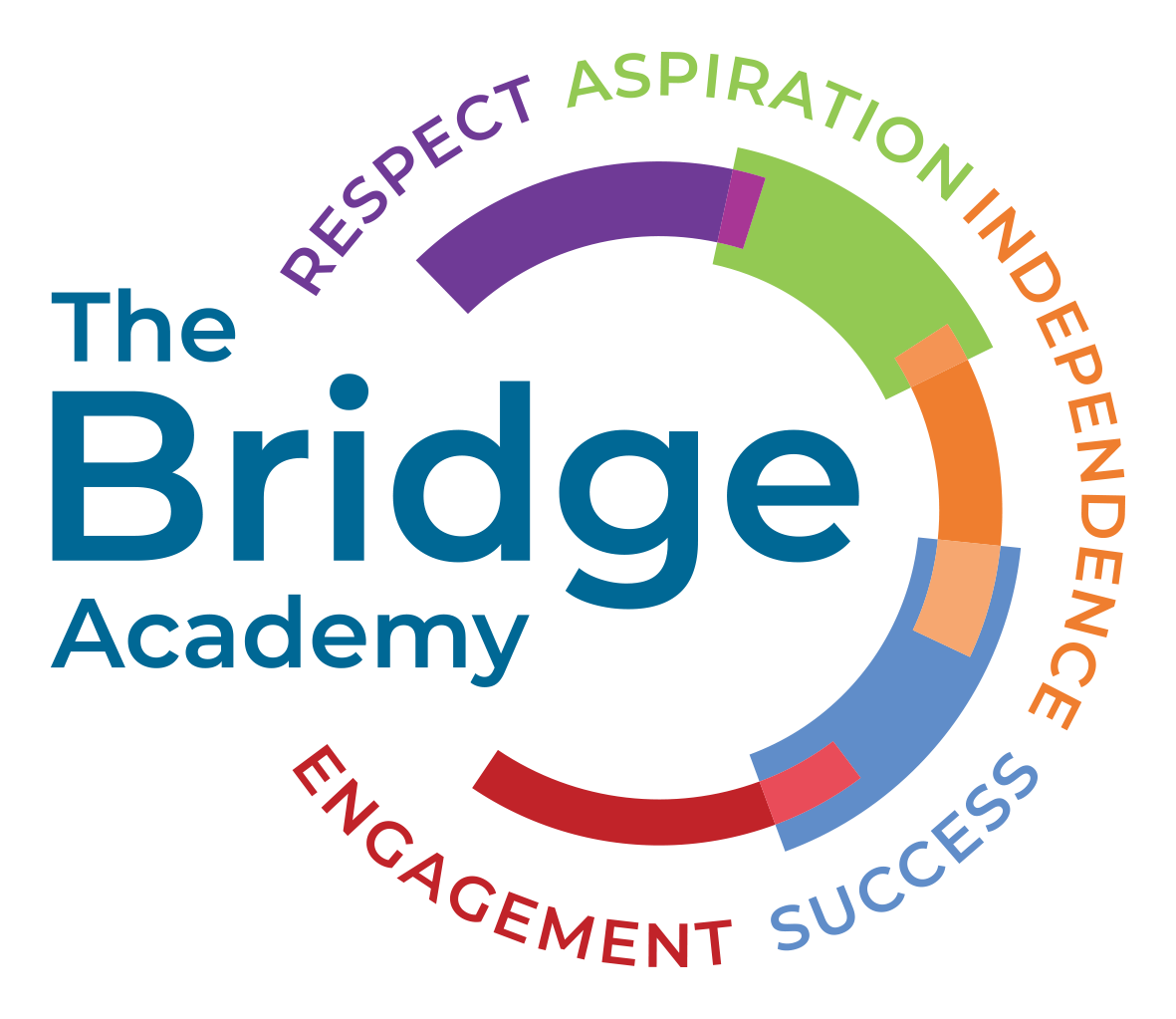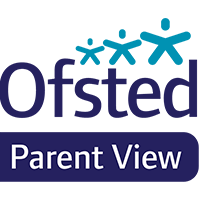Every adult in our school is encouraged to look beyond behaviour and to be curious about children’s needs. All children will be offered compassion and co-operative learning with a caring adult. No child will intentionally be shamed, all children will be treated with respect and a belief in their goodness and desire to learn.
For all behaviour every child and adult will receive:
- calmness
- connection
- curiosity
- co-operation
to enable compassionate learning and the building of empathy and esteem for themselves and others.
We believe that it is not always possible to respond to negative behaviour in the same way for every child but it is useful to have a guiding framework of responses to good and poor behaviour. This ensures that learners at Little Bridge can be certain that every behaviour, positive or negative, will elicit some form of adult intervention. Although actions do have consequences, some children are not always acting out of choice, they are sometimes engaging in survival behaviours that are mediated by unconscious processes. As staff we recognize the need to teach self-regulation strategies and to follow trauma aware processes to help pupils to regulate and label their feelings.
Preventative approach:
Inappropriate behaviour is more likely to occur when learners lack a sense of purpose and/or structure, are presented with opportunities to misbehave or are struggling to deal with external factors unrelated to school. It is preferable to prevent unwanted behaviour from occurring as dealing with unacceptable behaviour wastes time, can lead to confrontation and is stressful for everyone involved. Where possible, motivators will be used that have relational consequences e.g. playing a game with a chosen adult, helping an adult do a task to diffuse unwanted behaviour.
This principle is relevant to all aspects of our behavioural work, both academic and social. Measures can and should be employed to prevent potentially damaging situations from arising. Little Bridge makes explicit those things that children at our school can expect staff to do to maintain a calm and productive atmosphere that is conducive to learning.
Natural consequences:
Staff are able to remove pupils to a 1:1 space should they need it and when it is appropriate, to talk through consequences with them; often this is not in the period immediately after an incident but ideally following a forty-minute break which is the time period needed post-incident for brain chemicals to settle.
- The developmental age and specific needs of the pupil will be considered when deciding appropriate consequences, as will the child’s physical and emotional state at the time. We recognise that a ‘one size fits all’ approach is not appropriate for our pupils, and this should be kept in mind when deciding upon an appropriate natural consequence.
- Consequences are always given and supported by an emotionally regulated and available adult.
- Consequences can follow sometime after an event, when the pupil is regulated and able to reflect upon their behaviour.
- Consequences will never involve taking away a previously earned privilege or any intervention time.
- Staff will avoid any consequences which lead to shaming or humiliation of the pupil. We understand that such approaches are detrimental to the pupil’s self-esteem and wellbeing, and can result in increased survival behaviour. Only the adult who is involved in the event should comment.
- A supportive conversation takes place as soon as possible, focusing first on the child’s own feelings (physical and emotional). Then if appropriate, move to discuss how the other child/person may have felt.
- Natural consequences include making up time for lost learning, reflection time, where the focus is upon the child’s own bodily and emotional state and reparation time, where the person that has been affected by the child’s action is the focus, and actions are taken to repair the relationship. This can be in the form of verbal, written, picture, or an action, e.g. build a Lego model, offer her a drink or snack, make her a card. In all of these, the child should be supported by a regulated and supportive adult.
- If the context is repeatedly problematic (e.g. assembly, playtime), child works with adult to ensure subsequent participation can be successful, e.g. having reduced time / supervision / or not taking part in the activity. This is a protective strategy rather than a punitive one, and this should be clearly communicated to the child.
- Children are never forced to say sorry.
- After a pupil completes lost learning or reflection or reparation is important to repair and restore the staff-pupil relationship if this is necessary. Staff should praise his or her behaviour at the first opportunity to move attention away from the inappropriate behaviour.
Rewards:
Visible reward systems can be counterproductive to some of our learners, particularly those with early trauma (‘I am worthless’) and those with sensory processing disorders (‘It’s not fair’). As a school we want to emphasize praise and self-discipline through a reward system based on ownership of positive behaviours. We also need to recognize that learners with processing difficulties cannot internalize the concept of reward and consequence.
Pupils will be encouraged to reflect on the progress and positive steps that they have made daily during tutor time and staff will reward these positives through recognition and attention throughout the day at Little Bridge. This progress will be recorded when targets are reviewed with pupils half-termly on the Pupil Passport and Action Plan.




